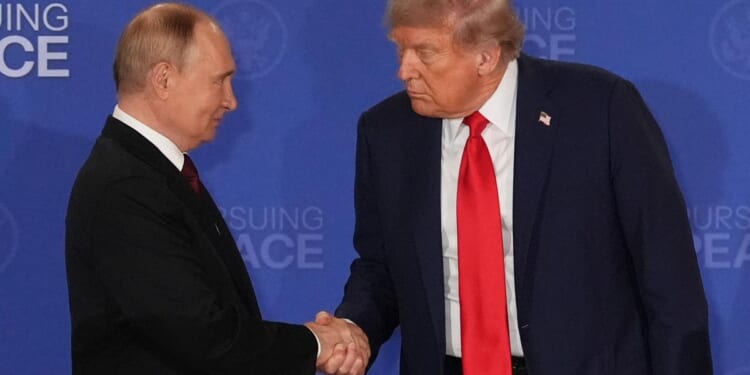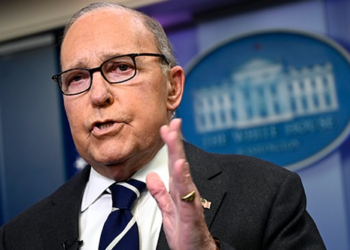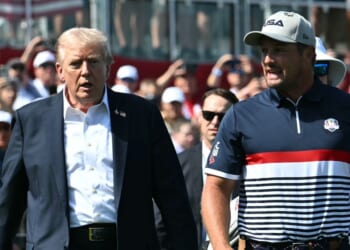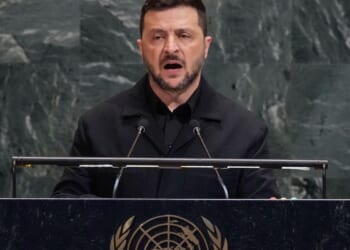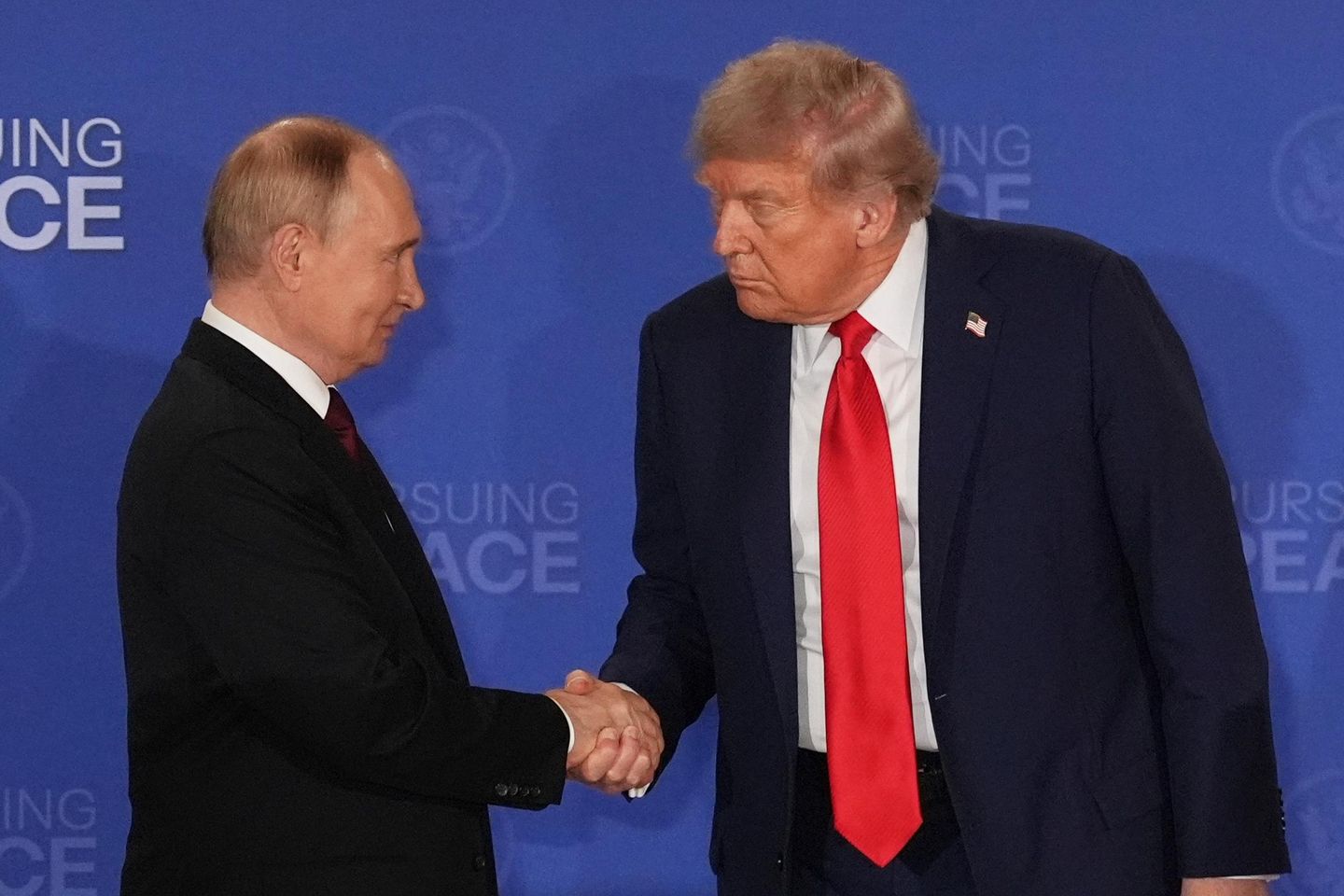
President Trump said he will meet Russian President Vladimir Putin in Hungary to find a solution to the war between Russia and Ukraine.
The president spoke with Mr. Putin in a “lengthy” phone call Thursday and said they made “great progress.”
Mr. Trump said high-level advisers from the U.S. and Russia will meet next week in a location yet to be determined. Secretary of State Marco Rubio will lead the meeting.
“President Putin and I will then meet in an agreed-upon location, Budapest, Hungary, to see if we can bring this ‘inglorious’ War, between Russia and Ukraine, to an end,” he wrote on Truth Social.
He didn’t say when the meeting would take place.
Mr. Trump is set to meet Friday with Ukrainian President Volodymyr Zelenksyy at the White House.
Mr. Trump said Mr. Putin congratulated him on the peace deal between Israel and Hamas, calling it “something that, he said, has been dreamed of for centuries.”
“I actually believe that the Success in the Middle East will help in our negotiation in attaining an end to the War with Russia/Ukraine,” Mr. Trump said. “President Putin thanked the First Lady, Melania, for her involvement with children. He was very appreciative and said that this will continue.”
The president said he and Mr. Putin discussed trade relations between the two countries that could take place after the war ends.
“I believe great progress was made with today’s telephone conversation,” he said.
White House press secretary Karoline Leavitt told reporters Thursday that the president “thinks it’s possible” that Mr. Putin and Mr. Zelenskyy could meet at some point.
Mr. Trump signaled last week that he was giving Russia a new ultimatum: Stop the war with Ukraine or he’ll send Kyiv the Tomahawk missiles it requested.
“Do they want to have Tomahawks going in their direction? I don’t think so. I think I might speak to Russia about that. I told that to President Zelenskyy because Tomahawks are a new step of aggression,” he told reporters aboard Air Force One as he returned from his trip to the Middle East. “I may say look — if this war doesn’t get settled, I may send Tomahawks.”
Kremlin spokesman Dmitry Peskov said last week that any decision by the Trump administration to send Tomahawks to Ukraine would create a “serious escalation.”
Former Russian deputy defense minister Anderi Kartapolov told state-owned RIA news agency that it would shoot down any Tomahawk strikes over Russia.
“We know these missiles very well, how they fly [and] how to shoot them down. We worked with them in Syria, so there is nothing new,” he said. “The only problems would be for those who supply them and those who use them, that’s where the problems will be.”
Mr. Putin, too, said the Tomahawks would destroy an “emerging positive trend” in relations with the U.S., according to a report by the Institute for the Study of War think tank.
Mr. Zelenskyy wants the long-range weapons to be able to strike deeper into Russian territory. He said Monday that he will also seek U.S. assistance to protect his country’s electricity and gas networks that have been consistently attacked by Russia.
“We have already prepared our part of the homework ahead of the meeting with President Trump – both the military component and the economic one. Every detail is ready,” Mr. Zelenskyy wrote on social media Wednesday. “The agenda of our meeting with the President of the United States is very substantive, and I thank everyone who is helping. This can truly bring the war closer to an end – it is the United States that can wield this kind of global influence, and we are doing everything to ensure that others around the world stand on our side in this effort.”
He said Russia continues air strikes “against our people, our energy sector and our civilian infrastructure.”
“Putin has turned a deaf ear to everything the world says, so the only language that can still get through to him is the language of pressure – pressure through sanctions and pressure through long-range capabilities,” Mr. Zelenskyy wrote.
“Strong decisions are possible, decisions that can help. And this depends on the United States, on Europe, on all partners whose strength directly determines whether the war will be ended,” he said. “Now there is an important momentum toward peace in the Middle East. In Europe, this is also possible. That is exactly what I will be discussing today and tomorrow in Washington.”
• Mike Glenn contributed to this report.

